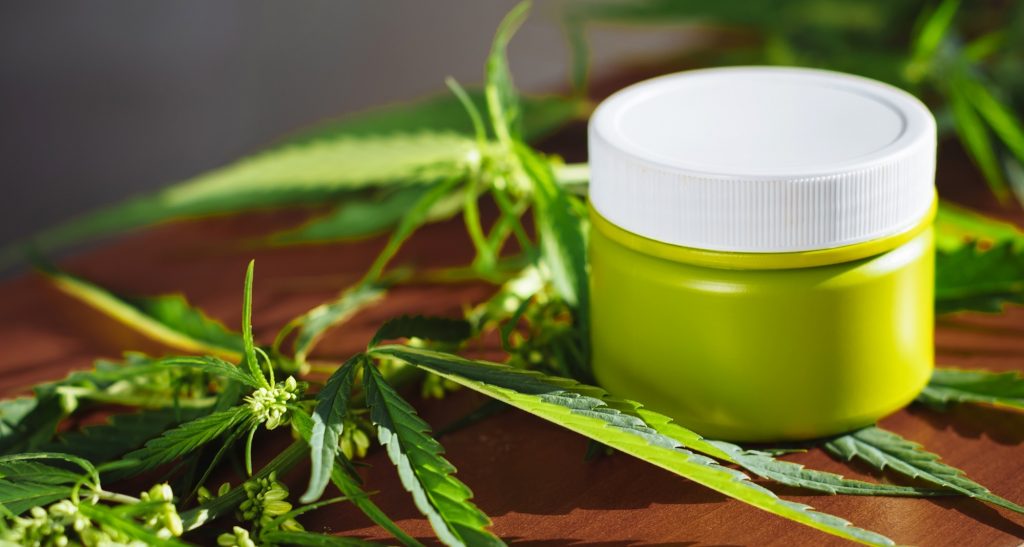Ben Gurion University’s transfer company BGN Technologies (BGN) is teaming up with Colorado-based biotech company ANANDA Scientific, which develops non-psychoactive products based on the cannabis plant, to jointly develop and license cannabinoid products for topical applications.
Their initial research will focus on developing patented, innovative nanotechnologies that will enable CBD, additional cannabinoids and other plant-derived substances to penetrate into and through the skin for the treatment of psoriasis, a chronic skin condition.
The research will be conducted by Ben-Gurion University scientists Professor Amnon Sintov, of the Department of Biomedical Engineering, and Professor Shimon Ben-Shabat, of the Clinical Biochemistry and Pharmacology Department at BGU, BGN and ANANDA Scientific said in a statement on Tuesday.
“For the millions of people who suffer daily from skin disorders like psoriasis, we are excited to be at the forefront of developing meaningful treatments using this groundbreaking delivery technology,” said Mark J. Rosenfeld, M.S., Ph.D. ANANDA Scientific’s Chief Executive Officer and Chief Science Officer.
This collaboration, he said, “will lead to the launch of distinctive over-the-counter and prescription CBD skincare products, and additional important patents and pharmaceutical applications are anticipated as an outcome of the work now underway.”
“Cannabis is increasingly being used worldwide to treat a variety of dermatological conditions and medicinal cannabis is currently legalized in Canada, 31 states in the US and 19 countries in Europe including Israel,” said Dr. Ora Horovitz, BGN Senior VP Business Development.
She cited a recent study published in The Journal of Dermatological Treatment where scientists reviewed the literature on the pharmacology and use of cannabinoids in treating a variety of skin conditions including psoriasis, acne, skin cancer, and pruritus. They argue that cannabinoids have “demonstrated anti-inflammatory, antipruritic, anti-aging, and anti-malignancy properties by various mechanisms including interacting with the newly found endocannabinoid system of the skin thereby providing a promising alternative to traditional treatments.”
Related posts

Israeli AI Safety Tool Among TIME’S Best Inventions For 2024

TAU Team Discovers Mechanism To Eliminate Cancerous Tumors

Ashdod Port Investing In Startups As Part Of Innovation Strategy




Facebook comments